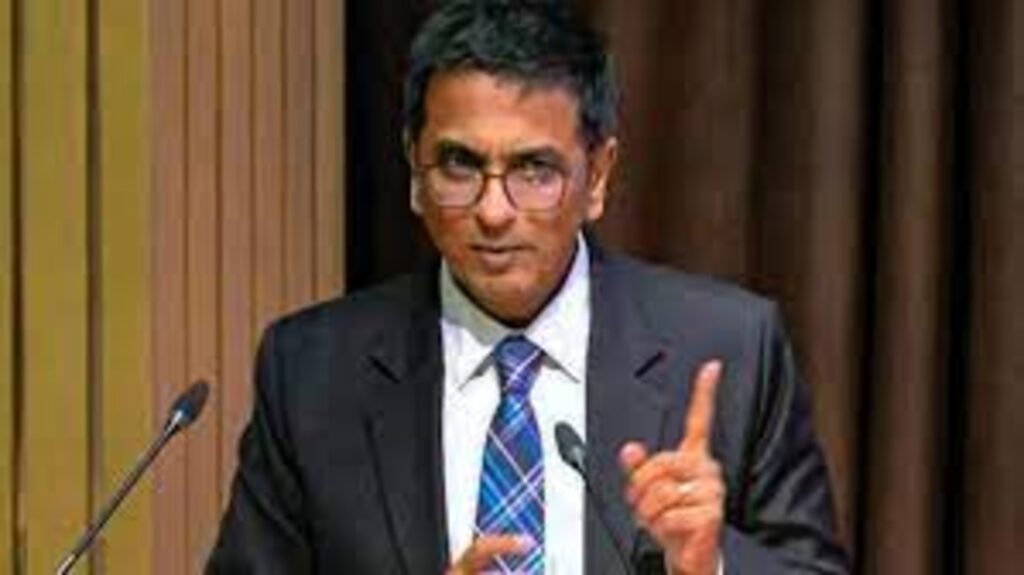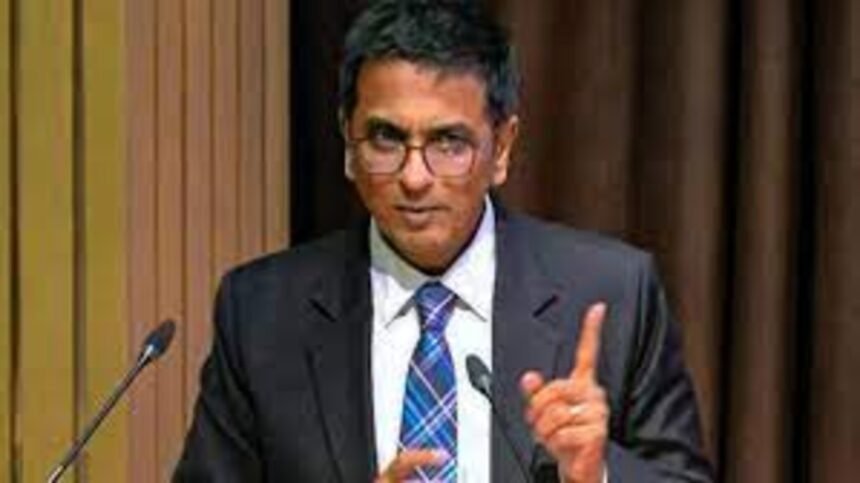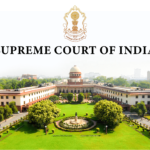August 9, 2023
Introduction
In a recent development, Chief Justice of India (CJI) DY Chandrachud has commented on the ongoing debate surrounding the basic structure doctrine of the Indian Constitution. This debate sparked after the statement of the former Chief Justice of India, Ranjan Gogoi. He had voiced his views on the debatebility of the doctrine during a session in the Rajya Sabha.

Justice Gogoi, now a nominated member of the Rajya Sabha, made the remarks while participating in a debate on the Government of National Capital Territory of Delhi (Amendment) Bill, 2023. He stated, “There is a book by (TR) Andhyarujina, the former solicitor general, on the Kesavananda Bharati case.” Justice Gogoi expressed his belief that the doctrine of the basic structure of the Constitution has a debatable jurisprudential basis.
The basic structure doctrine, a pivotal concept established in the landmark Kesavananda Bharati verdict of 1973, posits that certain fundamental features of the Constitution are beyond the reach of Parliament’s amendment powers. These features include democracy, secularism, federalism, and the rule of law.
Response to Gogoi’s comment
Reacting to Justice Gogoi’s comments, senior advocate Kapil Sibal, representing National Conference leader Mohd Akbar Lone, referred to the remarks in the context of a challenge to the abrogation of Article 370 of the Constitution, which provided special status to the erstwhile state of Jammu and Kashmir.
During the hearing, Sibal argued that the Center’s action in revoking Article 370 cannot be justified unless a new jurisprudence is established. He noted that Justice Gogoi’s statement raised questions about the credibility of the basic structure doctrine.
CJI’s Statement
In response, CJI Chandrachud made a significant observation. He stated, “Mr Sibal, when you refer to a colleague, you have to refer to a sitting colleague. Once we cease to be judges, whatever we say, they are just opinions and are not binding.”
Chandrachud’s assertion underscores the distinction between the opinions expressed by retired judges versus those of active judges. He emphasized that opinions voiced after demitting office are not legally binding.
This controversy comes against the backdrop of a larger discussion about the role and scope of the basic structure doctrine. The principle has been pivotal in challenging and setting aside various Constitutional amendments, including the National Judicial Appointments Commission (NJAC) Act, which pertains to the appointment of judges in the higher judiciary.
Solicitor General Tushar Mehta, represents the Centre in the Article 370 case. He intervened by asserting that parliamentary proceedings should not be discussed in court just as court proceedings are not discussed in Parliament.
This dialogue between legal experts highlights the intricate relationship between judicial interpretations, parliamentary decisions, and the larger principles that underpin the Indian Constitution.
In conclusion
Chief Justice Chandrachud’s response to Justice Gogoi’s remarks underscores the importance of distinguishing between active and retired judges’ opinions. This controversy has opened up discussions about the scope and relevance of the basic structure doctrine. Which is a concept that has significantly shaped India’s constitutional jurisprudence over the decades.






